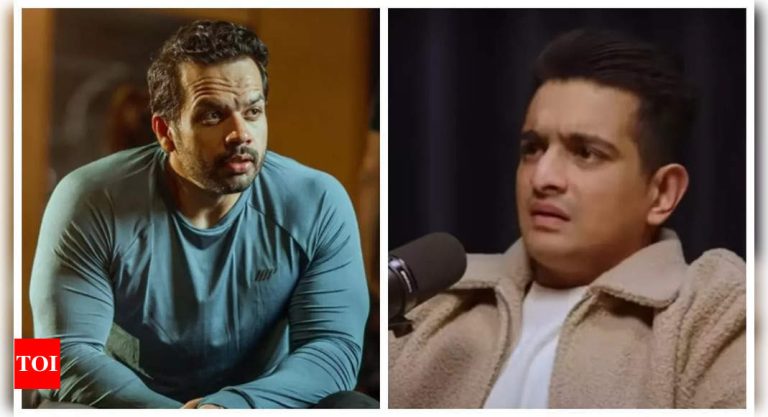YouTuber Gaurav Taneja, a former law student, shared a video on the India’s Got Latent controversy, explaining the case and legal aspects. He called the Supreme Court’s decision to restrict Ranveer Allahbadia’s movements by seizing his passport “harsh” and detailed the FIR sections filed against him.
The controversy began when clips of Ranveer Allahbadia, known as Beer Biceps, from comedian Samay Raina’s India’s Got Latent show surfaced online. His remarks were seen as controversial, leading to multiple police complaints against both him and Samay. As a result, FIRs were filed against all guests who appeared on the show. Gaurav Taneja noted that several parties, including YouTube, would be involved in the legal process.
Gaurav Taneja pointed out that even those who didn’t make offensive remarks have been named in the FIRs, including past guests. He explained this under the ‘Common Intention’ clause, which holds all involved equally responsible. He emphasized that this case could set a legal precedent for future cases involving online content creators.
Gaurav Taneja explained that Ranveer Allahbadia approached the Supreme Court under Article 32, claiming a violation of his Fundamental Right to Speech and Expression. He noted that while this right applies to all citizens, it comes with ‘reasonable restrictions,’ such as maintaining decency and morality, which can be open to interpretation.
Gaurav Taneja outlined the Bharatiya Nyaya Sanhita Sections under which the FIRs were filed. He explained that the case will focus on ‘morality and decency’ restrictions and the ‘common intention’ clause. Sections invoked include 296 (public decency), 196 (promoting hatred between groups), and 79 (insulting a woman’s modesty through words or gestures).
Last week, the Supreme Court prohibited Ranveer from airing any show until further notice. Justice Surya Kant, alongside Justice NK Singh, strongly criticized the content, stating that it reflected a disturbing mindset and could bring shame to families and society as a whole.



